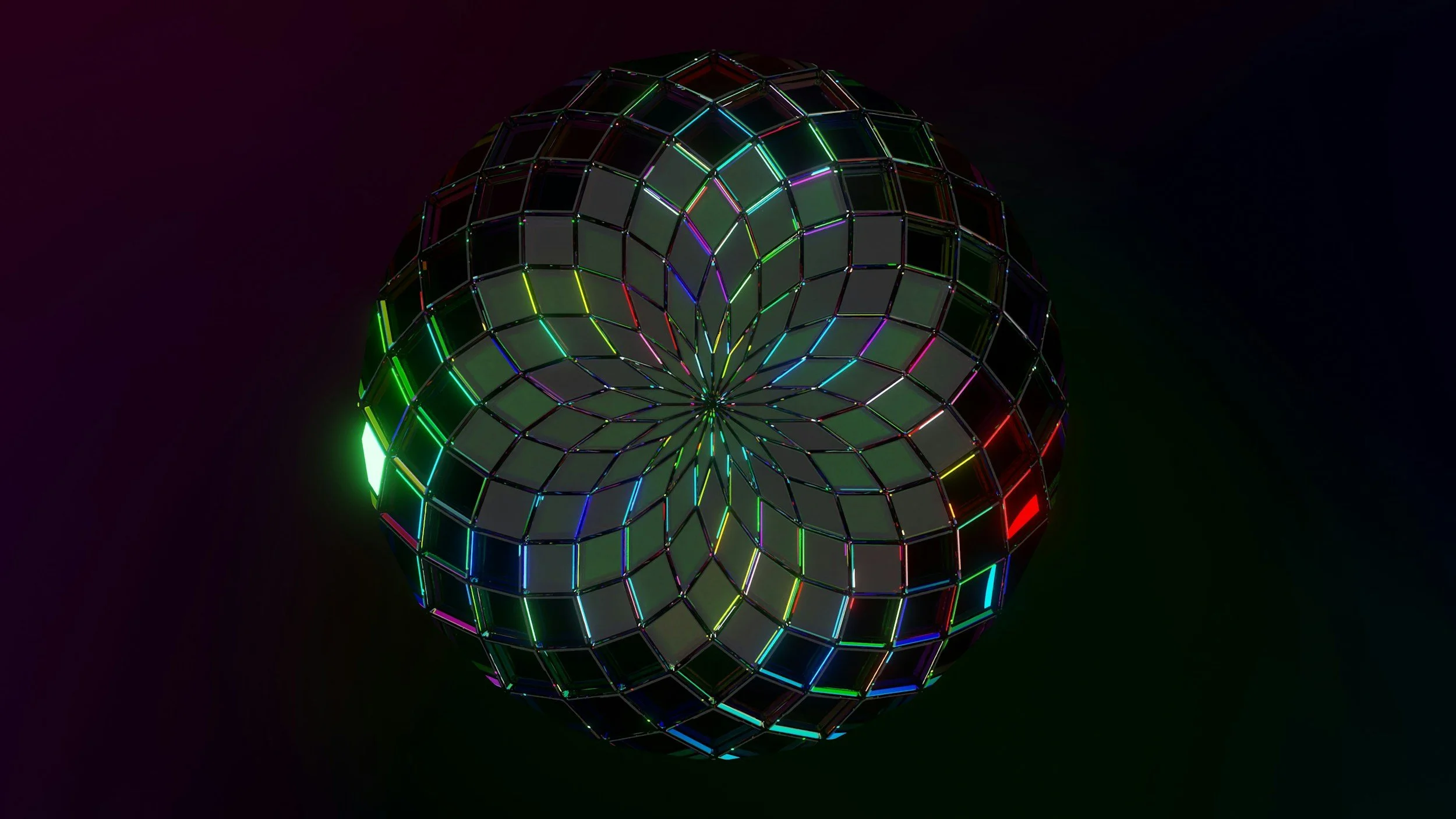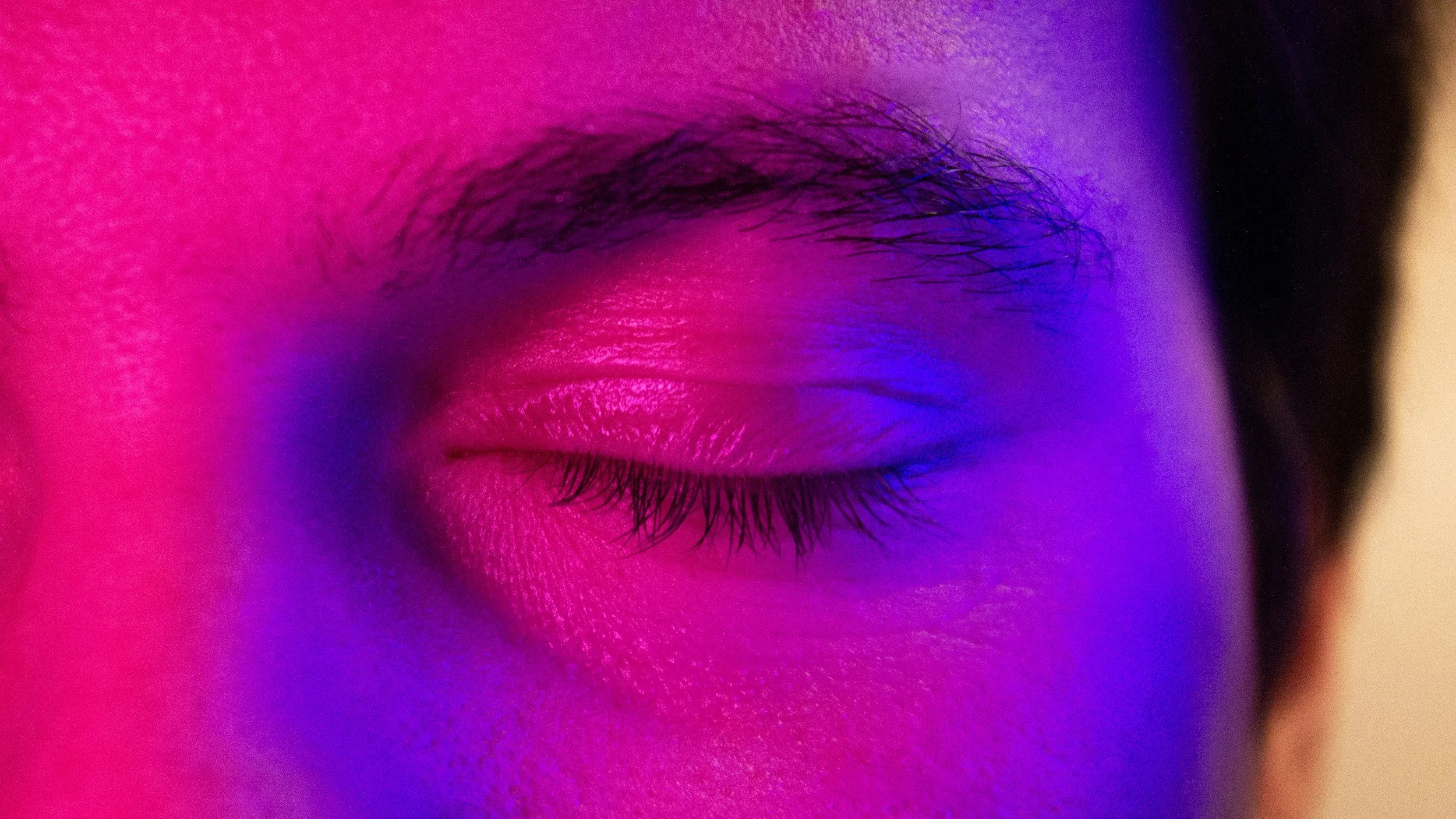
How Trauma Affects Your Crown Chakra (And How to Reconnect with Your Purpose)
Have you ever felt a sense of peace, a deep connection to something larger than yourself, or a clear understanding of your place in the universe? That quiet sense of knowing and belonging comes from your Crown Chakra. It's your highest energy center, linking you to spiritual wisdom, universal consciousness, and your true purpose. When it's balanced, you experience serenity, clear spiritual insight, and a feeling of unity.
But what happens when that vital connection feels fractured, especially after traumatic or deeply challenging experiences? You might find yourself feeling utterly lost, disconnected from any sense of meaning, or struggling with existential confusion. These are often signs that your crown chakra needs some gentle attention and healing.

How Trauma Affects Your Third Eye (And How to Reclaim Your Clarity)
Ever felt that "gut feeling" or just knew something was off, even if you couldn't explain why? That's your Third Eye Chakra at work – your inner compass for intuition, insight, and deeper wisdom. When this powerful energy center is balanced, it's like having crystal-clear vision for your life, allowing you to trust your instincts and see beyond the surface.
But what happens when that inner guidance gets cloudy, especially after difficult or traumatic experiences? You might find yourself constantly second-guessing, struggling with a persistent mental fog, or feeling completely disconnected from your own inner knowing. These are often clear signals that your third eye chakra needs some gentle attention and healing.

How The Chakras Are Connected to the 8 Phases of EMDR
You know, sometimes life just hands you experiences that lodge themselves deep in your bones. Even years later, a random smell, a sound, or even just a fleeting thought can zap you right back to that intense feeling – like your body's still holding its breath. It's not just "in your head"; that lingering tension, that fuzzy thinking, or that quiet hum of anxiety can genuinely throw off your whole rhythm.
As a therapist, I've seen countless times how EMDR (Eye Movement Desensitization and Reprocessing) therapy can gently unstick those moments, helping your system finally exhale. And here's something that just feels right when we talk about healing: connecting it to your body's natural energy centers – what many ancient traditions call chakras.
Imagine your chakras as these seven vital hubs of energy, flowing right through your core. Each one is a kind of blueprint for how you experience different parts of yourself – your sense of safety, your emotions, your voice, even your deepest wisdom. When they're all open and flowing, you feel like you again, connected and clear. But when trauma hits, it can snag that flow, leaving an imprint that makes you feel disconnected, anxious, or just plain heavy.
The deliberate steps we take in EMDR aren't just about processing old memories on a mental level. EMDR helps you on a somatic and emotional level.
They actually work hand-in-hand with these energy centers, helping you shift from those sticky negative beliefs that trauma often leaves behind (like "I'm not safe" or "I'm broken") to genuinely powerful, liberating positive beliefs (like "I am safe now" or "I am whole").
As an EMDR trained therapist, Reiki Master, and Yoga Teacher, I love weaving spirituality into trauma healing so that you can heal from the inside out. If you are someone who loves a holistic approach and craving something deeper, this blog post is for you!

Why I use Reiki with EMDR as a Licensed Therapist
If you’re reading this, chances are you value a holistic and intentional approach to healing. We share similar values here. Traditional talk therapy often doesn’t go deep enough. The number one reason I use Reiki with EMDR as a licensed therapist is that trauma affects your mind, body, and spirit - so why shouldn’t your recovery focus on that too? We get to use Reiki to enhance EMDR and help you heal from the inside out.



Trauma and Healing: Psychotherapy and Alternative Practices.
There are many different trauma therapy modalities that have been developed to help individuals recover from traumatic experiences. It's important to find a qualified therapist or practitioner who is trained in the specific type of modalities that you feel will be most helpful for you and can provide appropriate guidance and support….